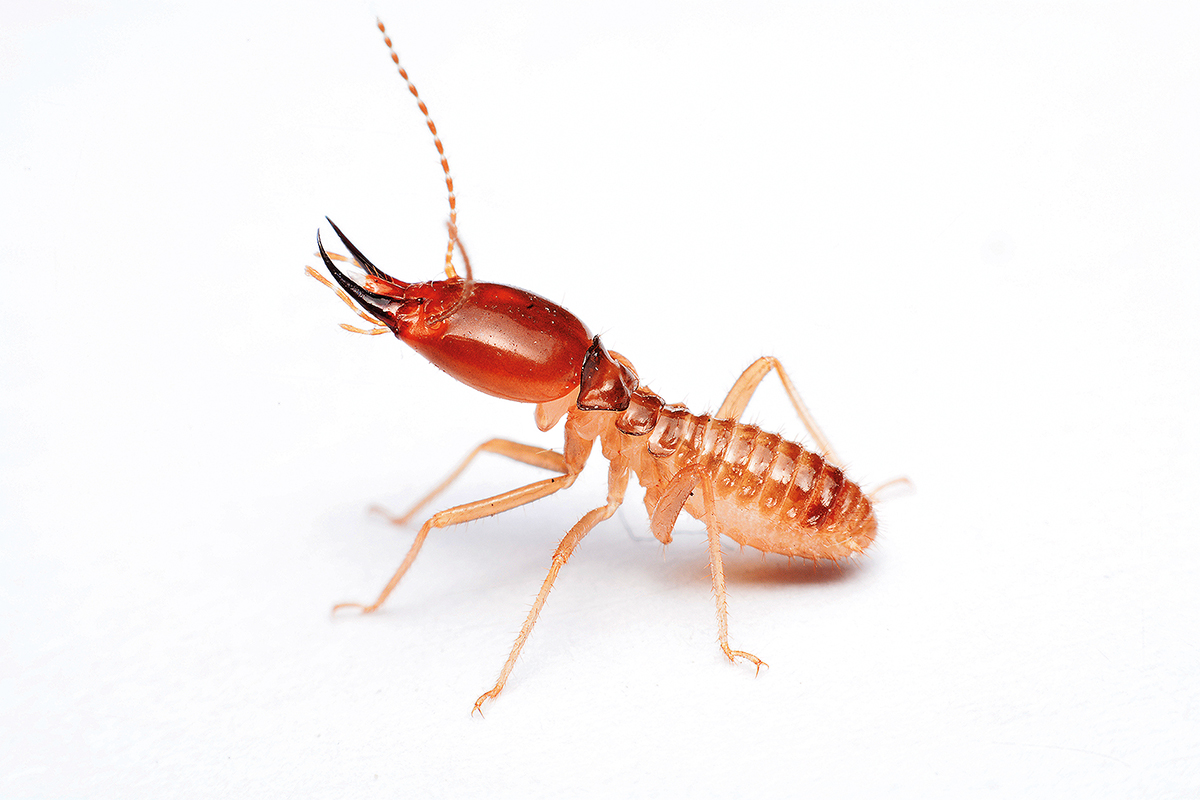
Like tiny cows, termites expel methane and carbon dioxide as they eat, and as the planet warms their numbers are likely to grow
Termites are best known as pests that damage homes and wooden furniture, but they also play an overlooked, critical role in natural ecosystems. Like microbes, they help to decompose dead wood, but can do so at relatively low moisture levels, such as those found in tropical savannahs and subtropical deserts. ‘These systems are often underappreciated in terms of their contributions to the global carbon budget,’ says Amy Zanne, a University of Miami biology professor. Like tiny cows, termites release carbon from the wood they eat as methane and carbon dioxide, two of the most important greenhouse gases.
In an international study, led by researchers at the University of Liverpool, termites in locations around the world were revealed to be very sensitive to changes in temperature and rainfall. As global temperatures warm, their range, and numbers, are likely to expand beyond the tropics, leading to them playing a larger role in greenhouse gas emissions. ‘The impact of termites on the planet could be huge,’ says Zanne.




